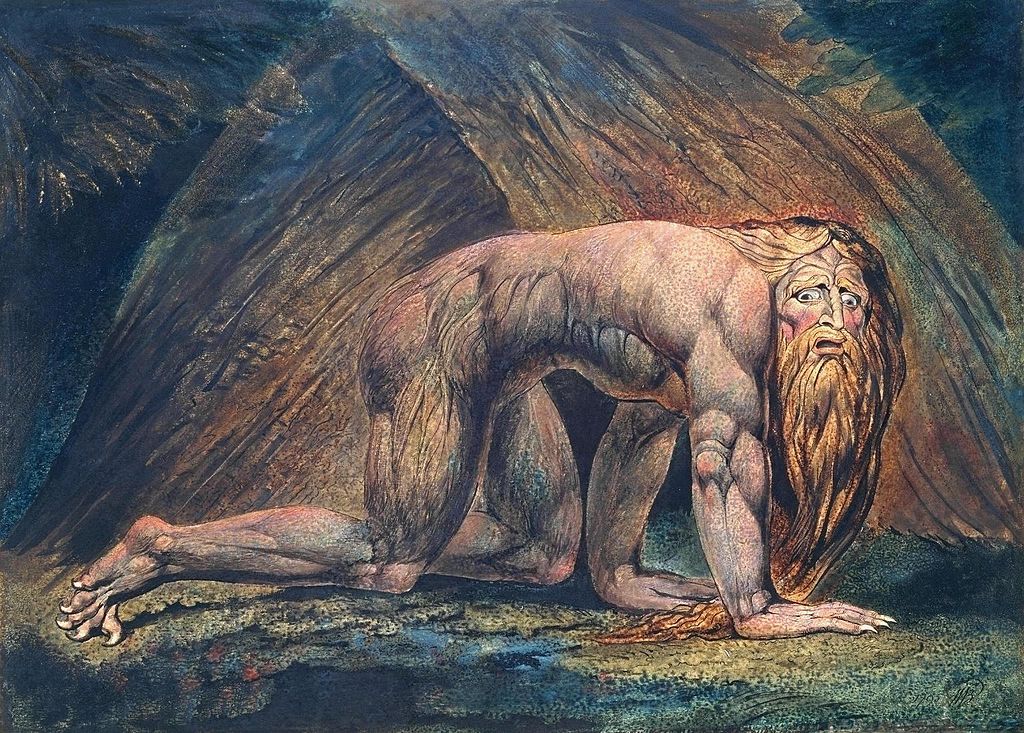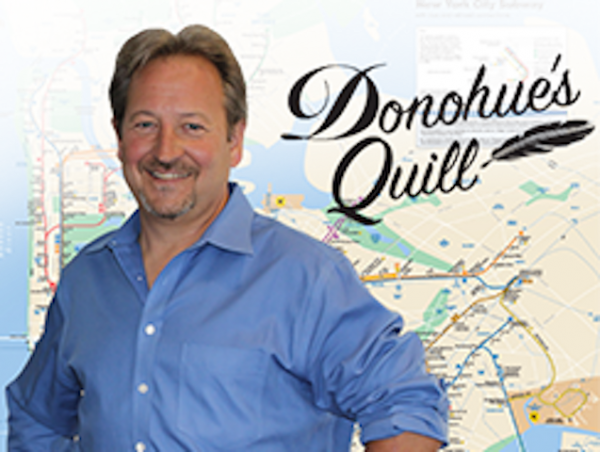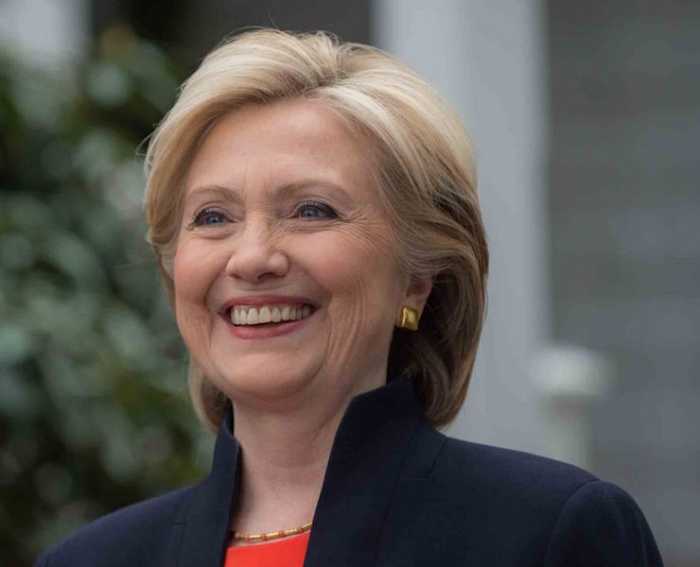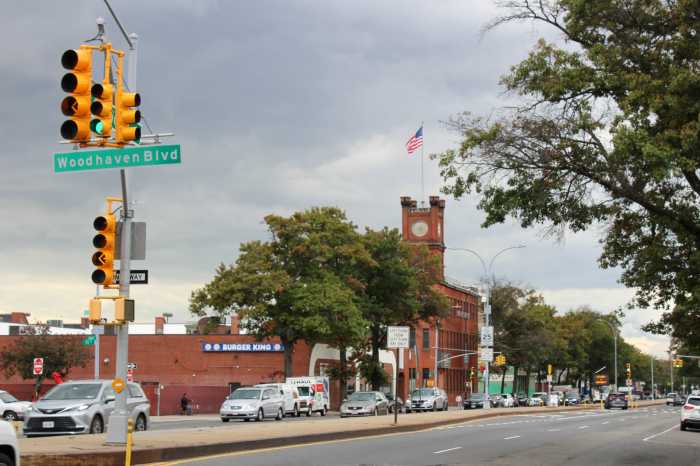2020. When the year started, our biggest concern was how to live without plastic bags.
In Queens, like the rest of the country, it has been a year of tragedy and resilience. In March the pandemic turned our world upside down. Then in June, the protests did. Both events were unexpected, both have had unexpected consequences for the people and politics of Queens.
And now, we weather the second wave. We watch the COVID-19 case rate increase and ICU hospital beds decrease. We’re reminded of the power of the unknown to upend our political and personal lives.
COVID-19 was a distant problem happening halfway around the world. Headlines came out of Wuhan about a flu-like sickness. Back then, it was someone else’s problem, a niggling anxiety in the back of our minds, nothing more. SARS and MERS hadn’t panned out to be the apocalyptic diseases they were predicted to become. The novel coronavirus wouldn’t be either, we thought.
We thought wrong.
The virus spread. First to Thailand then to other countries. As the virus spread, so did fear. In Queens, local lawmakers tried to assuage these fears. There’s no cases in New York City, they said. Fear and misinformation spreads faster than COVID, they said. They encouraged shopping at Chinese businesses which were suffering from a lack of clientele.
But in reality, COVID-19 was probably already here. And by mid-March, we knew it was.
The city closed. Schools, businesses, and cultural life shut down. The Queens Borough President special election was postponed. Long lines formed at grocery stores and toilet paper was in short supply. We stayed home. The government went on PAUSE. We learned to Zoom for birthdays. Work meetings, and happy hours played out on screens. We wore masks. We washed our hands and counted to 20. We briefly cared about the existence of live markets. People still advocated for their weed.
And COVID exposed our flaws.
ICU’s were overrun. Nurses and doctors had to reuse dirty N95s. The virus killed poor people more than the rest. Police overused violence to try to enforce the rules. It didn’t work. They were ordered to back off. It didn’t work either.
And then, from the very homes where we baked sourdough bread and cheered for healthcare workers, we watched George Floyd die. The clapping stopped.
Protesters flooded the streets. Unity appeared in unexpected places. People marched and sang. Masked children sat on their parents’ shoulders and waved homemade signs. NYPD patrol cars burned. Windows were smashed and stores were looted. The NYPD’s tactics –– kettling, mass arrests, violence –– were challenged. Elected officials encouraged protest but discouraged destruction. Some questioned bail reform. They painted murals and defended their efficacy. We tried to tear down our idols, fought at the steps of City Hall and tried to reimagine policing.
All the while, life went on.
Tropical Storm Isaias ravaged Queens. The streets were littered with felled trees and powerlines. Families were left in the dark for days.
We braved the virus and voted. Twice. We elected the first Black man to lead the borough and mourned the first woman to the same. After much hand wringing and indignant social media posts, we elected a new president to lead our nation. We witnessed the ‘“red mirage” first hand, celebrated 100 years of women’s right to vote and pushed through election reforms. There was a changing of the guard. Queens’ good old boys tasted defeat. Fresh blood replaced them in local seats of power.
We counted and got counted. We reassured immigrants that there was nothing to fear from the Census. And we clashed with President Trump. The unending battle. Our students and lawmakers rallied to protect foreign students, unmoored because of COVID. And we found a new love for the forgotten United States Post Service.
We adapted to our new normal but didn’t fix all our flaws. Small businesses struggled and begged for a bail out. Those that couldn’t hold on any longer closed. We argued about dining. What heaters could be used and where? How about sidewalk seating? To dine indoors or out? We wavered on opening our schools. We hemmed and hawed and delayed the start date. We opened them just to close them and partially reopen a few weeks later. The digital divide remained a chasm.
And, we forgot about our seniors, the ones who weren’t dying in nursing homes. We cut their funding and kept their centers shuttered in the name of the virus.
You might say this is a negative story. But as my friend put it, “It’s a negative year, bro.”
2020, good riddance.
2021, we’re coming for you.









